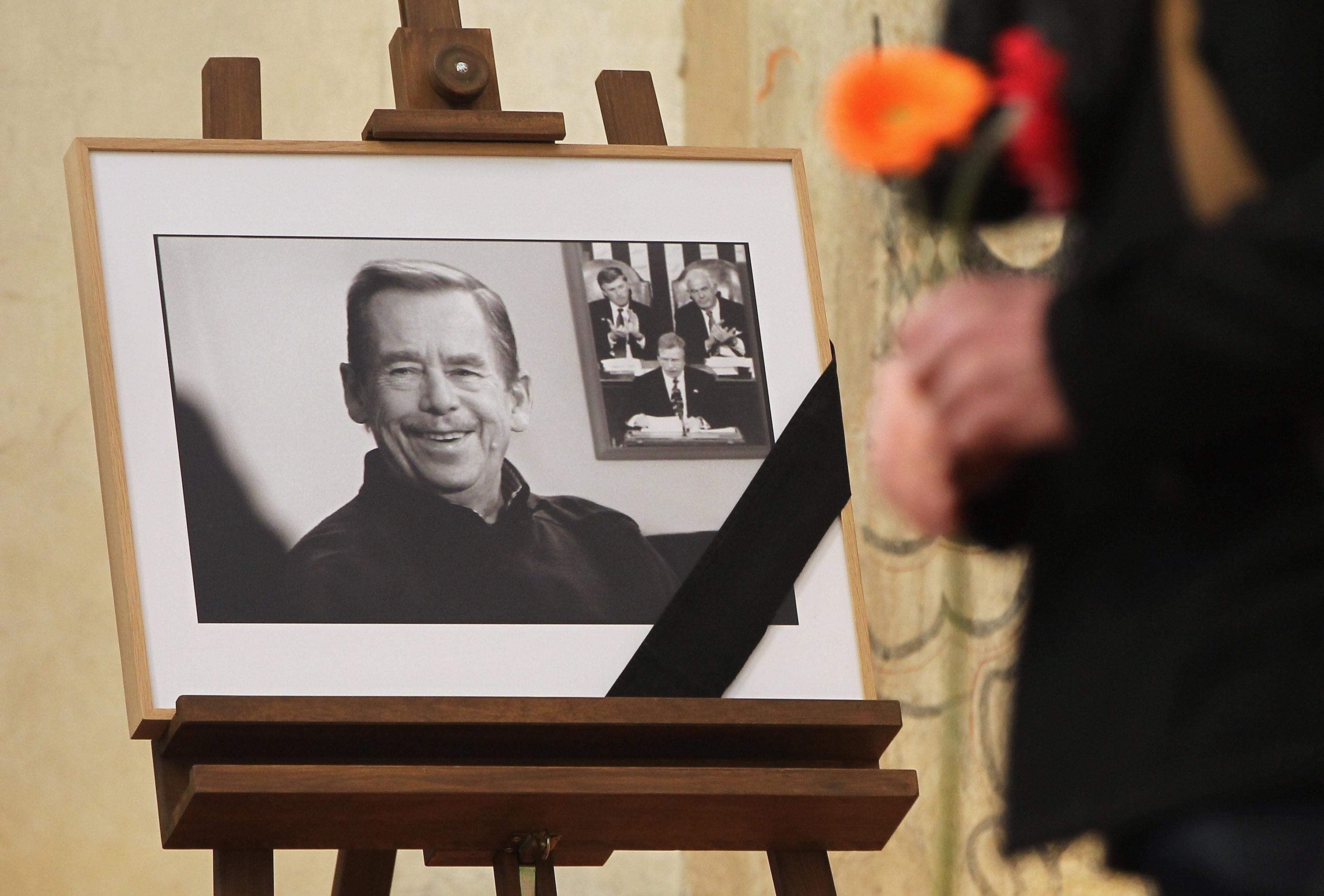Back in the early 1980s, when Poland was frozen under martial law and Czechoslovakia, as it was then still called, suffered under one of the stupidest of all of Communist regimes, the Polish dissidents and the Czech dissidents resolved to have a meeting. By separate routes, they made their way to their mutual border, high in the Tatra mountains. I once saw the photographs that were taken to mark this improbable occasion: a dozen blue-jeaned activists, veterans of Solidarity and Charter 77, grinning widely, toasting the camera, celebrating the fact that they had eluded their respective secret police services once again. It looked like a lot of fun.
Almost 30 years have passed since those pictures were taken, and the people in them have since met a wide variety of fates. In the wake of the revolutions of 1989, some of that dissident generation in Poland, Czechoslovakia, Hungary, and East Germany moved from shadow politics into real politics, becoming legislators, ministers, heads of state. Many, perhaps most, did not thrive. Some found they didn’t care for democratic politics, especially when the voters treated them with less respect than they thought they deserved. Others found they didn’t care for capitalism. Some grew sour, some went off in literary directions; some stayed in the shadows, listening to Frank Zappa.
In retrospect, only one politician in those photographs stands out as a true post-Communist political success: Vaclav Havel, the president of the Czech Republic, who died Sunday. Havel’s post-Communist political career was not without blemish: He failed to prevent the division of the Czechoslovak state; he failed to live an entirely admirable personal life. But he achieved two things that none of his contemporaries managed.
First and foremost, Havel not only opposed the Communist regime, he articulated a theory of opposition. His plays–as turgid, alas, as the Communist bureaucrats they are meant to satirize–will not survive, except as curiosities. But his famous political essay—“The Power of the Powerless“—will live forever. Its appeal is universal. I have given Havel’s essay to Iranian friends, and I once discussed it with would-be dissidents in pre-revolutionary Tunis. In both places it seemed—seems—relevant.
In this essay, Havel didn’t talk about marches or demonstrations. Instead, he asked the inhabitants of totalitarian countries to “live in truth”: That is, to go about their daily lives as if the regime did not exist, to the extent that was possible in societies where the state ran all businesses and all schools, owned most of the property and banned free speech and free press. By the late 1980s, “living in truth” was widely practiced across central Europe. The first time I went to Poland in 1987, I stayed with friends. According to the law, I was supposed to register my presence in a private home with the police. “We don’t do that,” my friends told me. “We don’t believe the police have the right to know who stays with us.” I didn’t register—and because thousands of other people didn’t either, that law became unenforceable.
But Havel proposed more than mere civil disobedience. He also argued in favor of what we would now call civil society, urging the inhabitants of totalitarian states to found small institutions—musical groups, sporting groups, literary groups—which would develop the ”independent life of society,” and prevent their members from being totally controlled from above. This too was widely practiced, in Prague’s famous underground philosophy seminars, in the illegal printing presses all across the communist world, in Poland’s independent “Flying University,” and, most successfully, in Poland’s independent trade unions.
Havel also practiced what he preached. But unlike many others, he did so not only before the fall of communism but also afterward. Upon being elected president, Havel stopped wearing blue jeans and started wearing suits. He moved his headquarters into Prague Castle where he repainted the offices, took down the steel barriers, and acquired a set of red, white, and blue BMWs (the colours of the Czech flag) to use in his presidential cavalcade. He ceased to be a dissident. He stopped staying out all night at parties. His friends complained he was no fun anymore. This was his second great achievement: He became an establishment politician, and he created, anew, the institution of the Czech presidency.
Havel was different, in the end, from so many of his generation. Obsessed for so long with the tactics of destruction, few of them understood the importance of reconstruction. In fact, victory was not just toppling the old regime, victory was creating the institutions and symbols that would replace it. Because he was far-thinking enough to understand this, he will be mourned deeply and long remembered, across central Europe and beyond.
